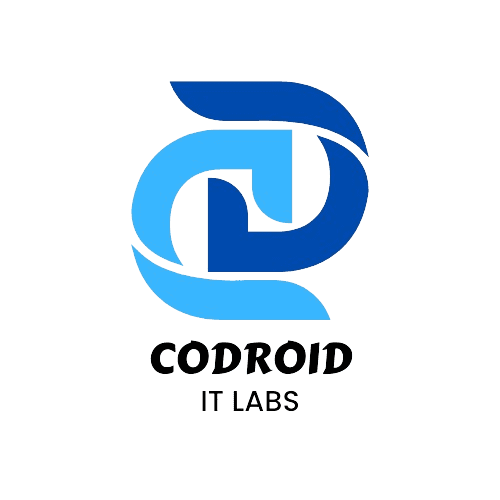
Introduction
In today’s landscape, businesses frequently employ multiple CRM platforms to fulfill diverse operational requirements. Salesforce, renowned for its enterprise scalability and automation, and Zoho CRM, prized for its affordability and ease of use, are two dominant players. What happens, then, when these systems are integrated? It creates a unified, potent CRM ecosystem that enhances data flow, automates processes, and cultivates high-value customer engagement.
Why Integrate Salesforce with Zoho CRM?
Integrating Salesforce and Zoho CRM offers businesses several significant advantages:
- Real-time Customer Data Synchronization: Ensure all customer information is consistently updated across both platforms, providing immediate access to the latest details.
- Enhanced Inter-departmental Cohesion: Seamlessly connect sales, marketing, and support teams, breaking down silos and fostering unified customer interactions.
- Elimination of Redundant Processes: Drastically reduce duplicate efforts and manual data entry, saving time and minimizing errors.
- Empowered Decision-Making: Gain a holistic, unified view of customer insights, enabling more informed and strategic choices.
For instance, a business might leverage Salesforce for its complex enterprise sales operations while utilizing Zoho CRM for streamlined customer service or managing smaller, regional sales teams. This strategic integration ensures all stakeholders remain consistently informed and aligned across the entire organization.
Popular Integration Methods
1. Zoho Flow – The No-Code Connector
Zoho Flow provides a visual, code-free interface to seamlessly connect Zoho CRM with Salesforce. This enables you to:
- Automate lead transfer between platforms.
- Update records bi-directionally.
- Trigger workflows based on CRM activities.
Example: Automatically send Salesforce-qualified leads into Zoho CRM for immediate follow-up by your customer service teams.
2. Third-Party Tools (Zapier, Workato, Integromat)
To gain more flexibility and effortlessly connect diverse systems, third-party tools are invaluable, offering capabilities such as multi-step workflows, real-time data synchronization, and reliable error logs complete with retry mechanisms. Imagine, for instance, connecting Salesforce, Zoho CRM, and Slack to provide instant team notifications whenever a deal closes.
3. Custom API Integration
For advanced integration needs, the REST APIs of both platforms enable the creation of:
- Highly customized workflows
- Granular, role-based data exchange
- Complex logic orchestration, often leveraging middleware (e.g., Mulesoft or Dell Boomi)
A practical use case involves synchronizing Zoho CRM’s quoting and pricing modules with a custom Salesforce CPQ implementation
Key Benefits of Salesforce–Zoho CRM Integration
Unified Data Management
All teams leverage the same up-to-date data, fostering collaboration and providing clearer insights into the customer journey. Access to unified, current data empowers teams to eliminate silos and significantly improve customer journey tracking. With a single source of up-to-date data, teams can collaborate more effectively and track customer journeys with greater precision.
Automation Across Platforms
Automation Across Platforms Automatically connect and trigger workflows across all your business applications. For example, when a Salesforce opportunity is marked as “Closed Won,” an onboarding task can be immediately created in Zoho CRM.
Enhanced Reporting and Forecasting
Smarter Forecasting Through Unified Data and Merged dashboards and cross-platform analytics provide the tools for more intelligent sales forecasting and valuable performance insights.
Better Collaboration Across Departments
By unifying data, marketing, sales, support, and finance teams gain consistent, real-time customer context, enabling seamless cross-departmental operations.
Improved Security and Compliance
Boost your security and compliance with managed integrations, which offer role-based access, GDPR compliance tools, and comprehensive audit logs for strong governance
Conclusion
Beyond simple data synchronization, the integration of Salesforce and Zoho CRM cultivates a more intelligent, seamlessly connected customer journey. Whether your organization is a rapidly scaling startup or an enterprise seeking profound cross-platform harmony, this connection equips teams with enhanced tools, facilitates swifter decisions, and significantly elevates productivity.
📢 Still Unsure About the Right Fit?
Get expert guidance with a free 30-minute consultation to help you decide the best choice for your Zoho implementation.
📞 Phone : +91 7838402682
🌐 Website: CODROID LABS
📅 Book Your Free Call Now: https://codroiditlabs.zohobookings.com/#/4743141000000052002
